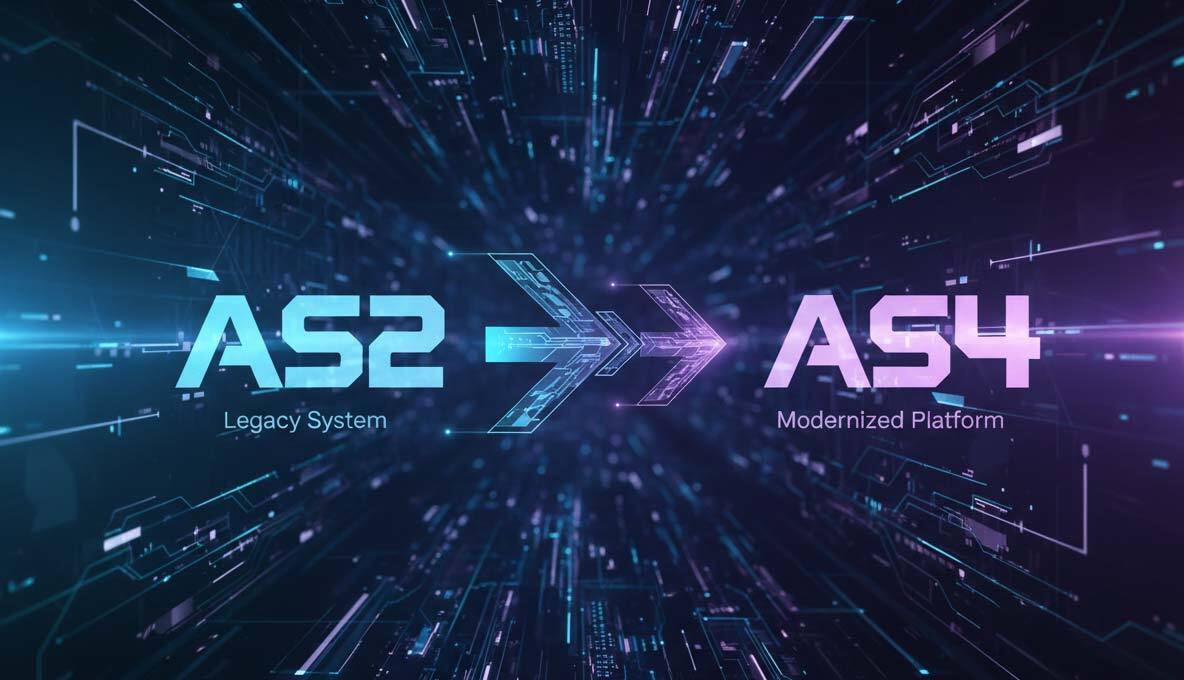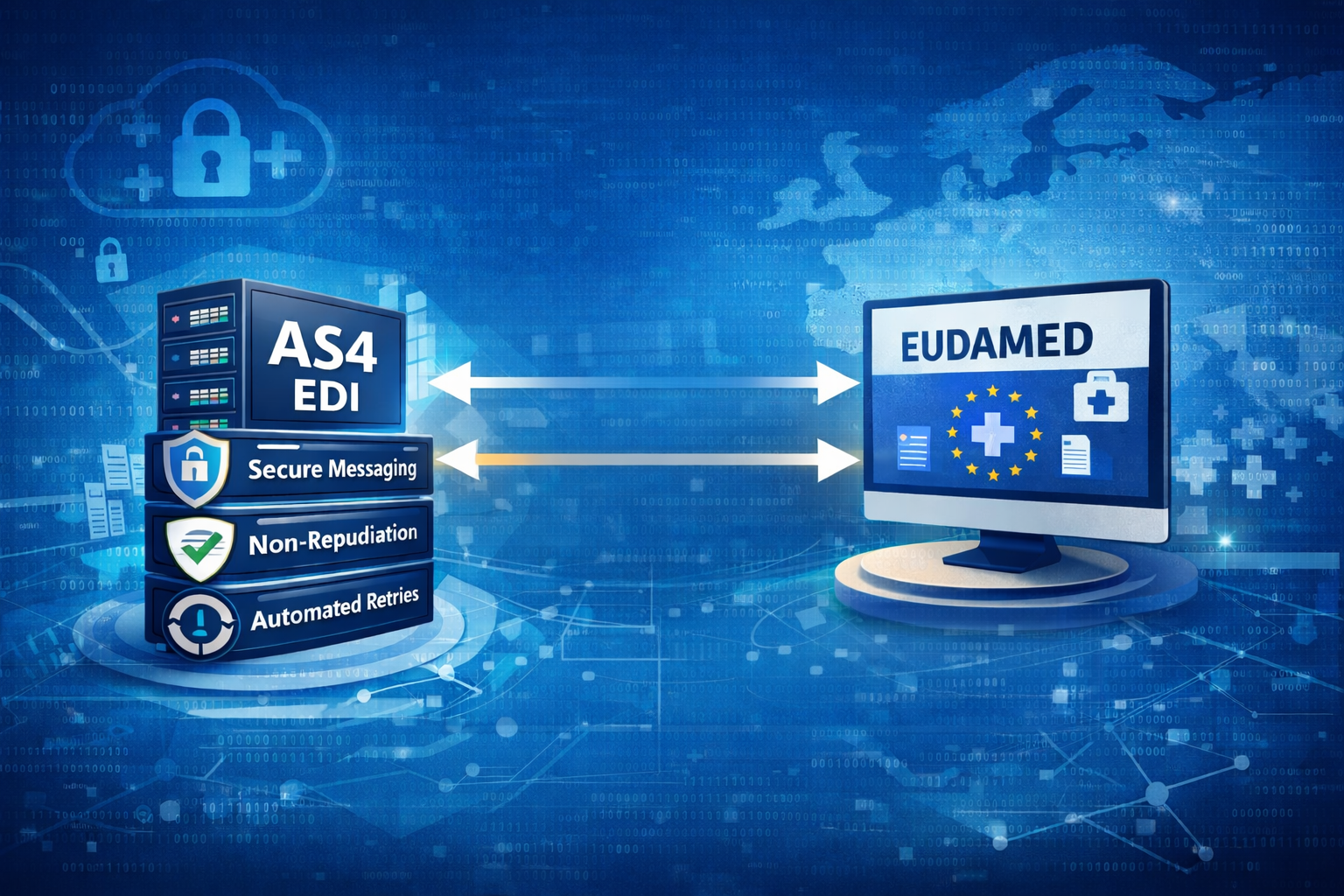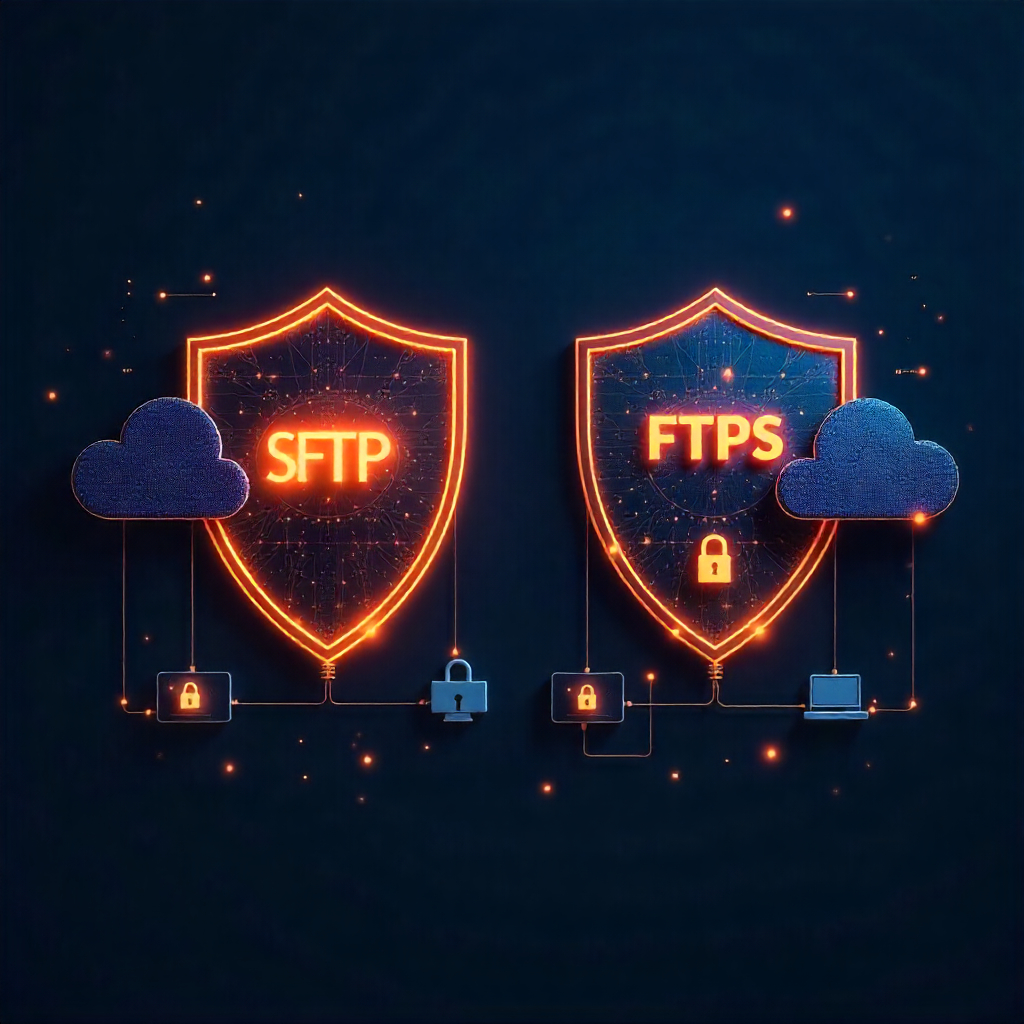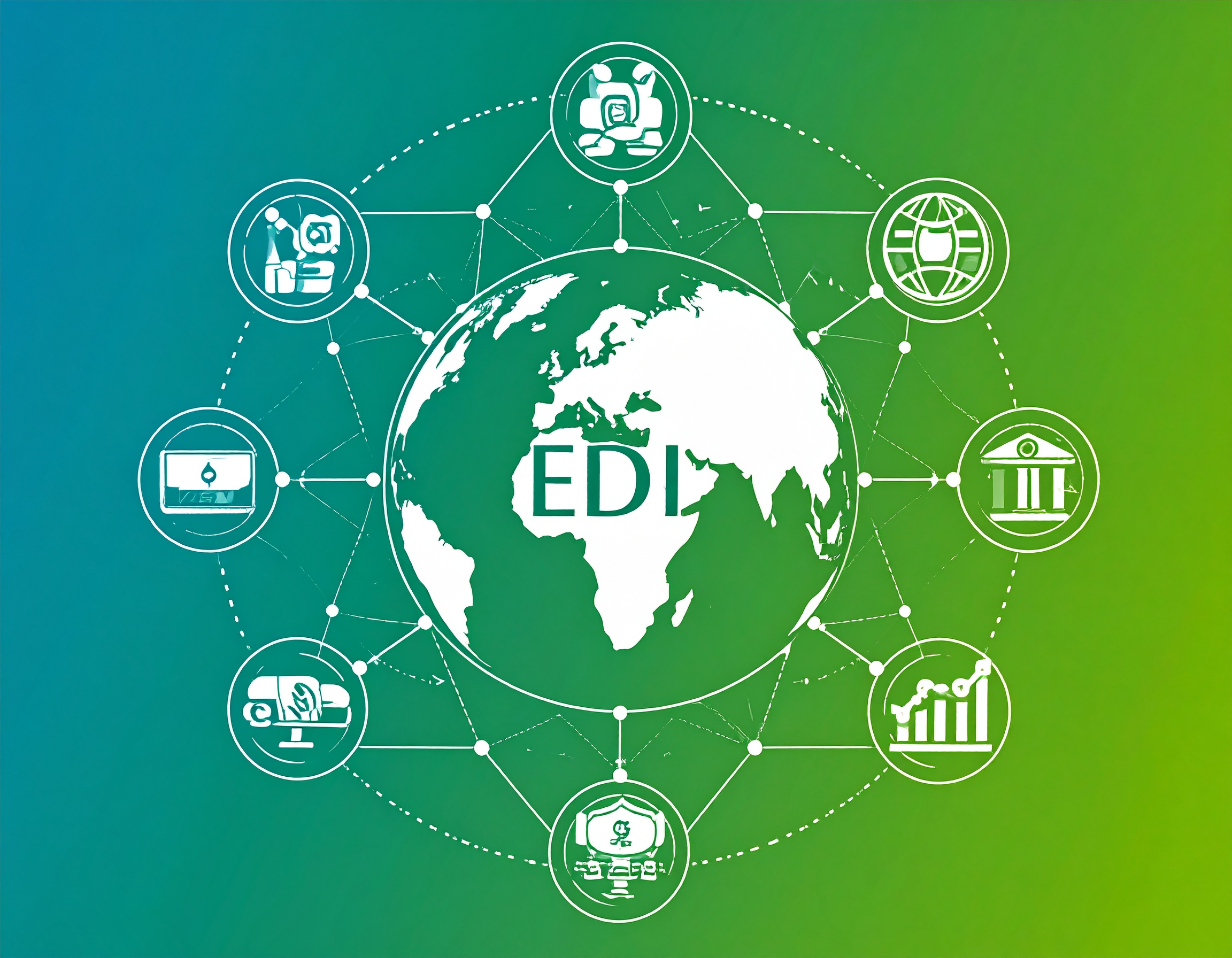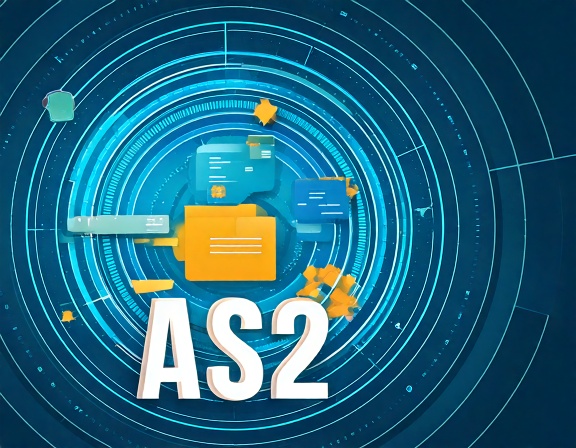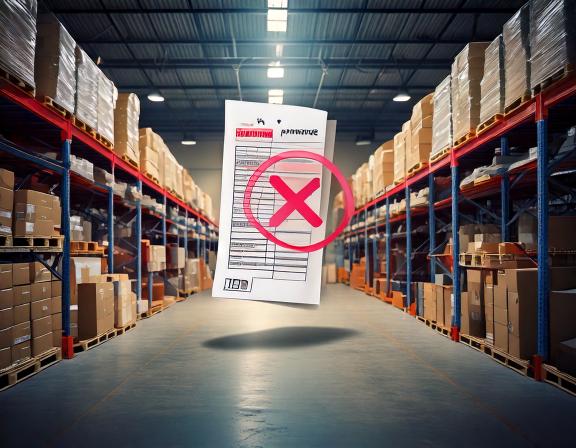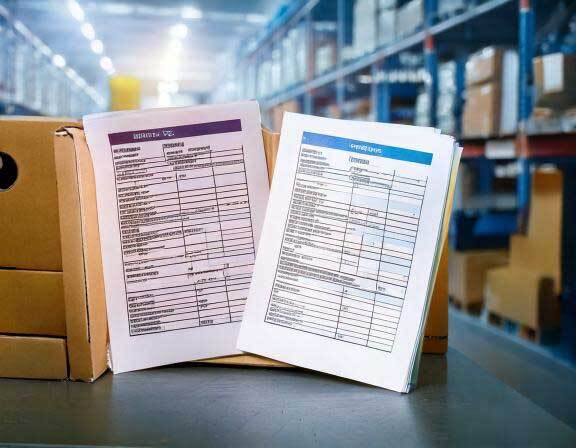MFT Gateway is a hosted Software as a Service (SaaS) solution that enables file exchange over the AS2 or SFTP protocol, without the need to install or maintain.
- Blog
- How to Evaluate MFT Vendors
MFT
How to Evaluate MFT Vendors
Learn key criteria and steps for evaluating Managed File Transfer (MFT) vendors, focusing on security, scalability, protocol support and more.

Kumudika Rupasinghe
Published: 20 Dec 2024

Table of Contents
Managed File Transfer (MFT) solutions are essential for businesses that need to securely and efficiently exchange large volumes of data across trading partners. As organizations handle increasingly complex workflows, evaluating and choosing the right MFT vendor has become crucial. This guide outlines key criteria to consider when selecting the right MFT solution and the essential steps to follow when evaluating an MFT vendor.
Key Criteria for Evaluating MFT Vendors
Security Features
Data security is one of the key factors that should be considered in file transfer. Therefore, the companies must evaluate vendors for:
- Encryption standards: Ensure the solution supports standard encryption algorithms for data at rest and in transit.
- Authentication: Look for multi-factor authentication (MFA) and integration with identity providers like OAuth.
- Access Controls: Role-based permissions and granular access management.
- Compliance certifications: Confirm compliance with industry-specific regulations such as HIPAA.
Scalability and Performance
When looking for an MFT solution, the companies should assess whether the solution can handle:
- Large volumes: High data throughput for simultaneous transfers.
- Different file sizes: Efficient handling of both small files and large datasets.
- Growth: Capacity to scale with the organisation’s expanding needs.
Protocol and Platform Support
Different business requirements require different protocol mechanisms and platforms. Therefore, the MFT solution should support the following:
- Multiple file transfer protocols like SFTP, FTPS, HTTP/HTTPS, AS2, AS4, OFTP2
- APIs for custom integrations
- Compatibility with on-premises, cloud, and hybrid environments
Automation and Workflow Management
When the business grows, the company may need to scale up and adapt to advanced operational mechanisms. Therefore, a good MFT solution should offer:
- Event-driven triggers: Automate file transfers based on specific conditions.
- Workflow orchestration: Build complex workflows with conditional logic.
- Scheduling: Automated and recurring transfer schedules.
Monitoring and Reporting
Transparency is essential for tracking and troubleshooting file transfers. Having a good monitoring system is one of the main factors to consider when going with an MFT vendor.
- Dashboards: Provide real-time visibility into transfer statuses.
- Alerts and notifications: Automated alerts for failures or delays.
- Audit trails: Comprehensive logs for regulatory compliance and analysis.
Ease of Use
The solution should provide:
- Intuitive interfaces: For both technical and non-technical users.
- Documentation and training: Extensive resources for onboarding and continued learning.
Vendor Reputation and Support
When looking for an MFT vendor, assessing the vendor’s track record and commitment to customer success is a must. Therefore, check:
- Market position: Look for established vendors with proven reliability.
- Customer reviews: Check feedback from similar industries.
- Support options: 24/7 support, dedicated account managers, and robust SLAs.
Steps in Vendor Evaluation
Define Requirements
First and foremost, the companies should identify their needs before the vendor evaluation to avoid expensive migrations later. They should first determine:
- Volume and frequency: How much data will be transferred daily?
- Integration needs: Are there existing systems or applications to connect?
- Regulatory constraints: What compliance standards apply to the industry?
Create a Vendor Shortlist
When creating a vendor shortlist, companies can use industry reports, reviews, and recommendations to narrow down options.
Request demos and Proof of Concept (PoC)
A lack of PoC testing can result in unforeseen challenges during deployment. Therefore, engage vendors in a demonstration of their solution, focusing on key use cases:
- Custom scenarios: Ask vendors to simulate workflows specific to the company operations.
- Performance testing: Evaluate how the system performs under load.
Compare Pricing Models
It is important to understand the vendor’s pricing structure to determine whether the investment cost is compatible with the company budget. The companies should look into their:
- Licensing: Subscription-based or perpetual licenses.
- Add-Ons: Costs for additional features, modules, or integrations.
- Support Costs: Premium support or SLA agreements.
Review References
It is better to review feedback from existing customers of the vendor to understand their experiences with:
- Implementation: Ease and timeline of deployment.
- Day-to-day use: System stability and usability.
- Support and updates: Responsiveness and quality of vendor support.
Choosing the right managed file transfer (MFT) vendor is a crucial decision for businesses seeking secure, efficient, and scalable data transfer solutions. By carefully evaluating vendors based on key criteria such as security factors, scalability, protocol support, automation capabilities, and vendor reputation, organizations can ensure they select a solution that meets their unique requirements.

Talk to an EDI Expert
Join hundreds of organizations already taking full control of their B2B AS2 communications with our trusted solutions. Contact us today to tailor a solution that fits your specific AS2 EDI needs.
Related Articles
View All BlogsExplore our product stack
Try before you buy with a 30-day Free Trial
No commitment, all value. Try the AS2 Solution Risk-Free and discover how our solutions can transform your business workflows. No credit card required.
Explore Your Possibilities
Elevate AS2 Communications with our EDI and AS2 Solutions
See how our AS2 and EDI solutions can simplify your integrations, boost efficiency, and keep you compliant—request a personalized demo today.





